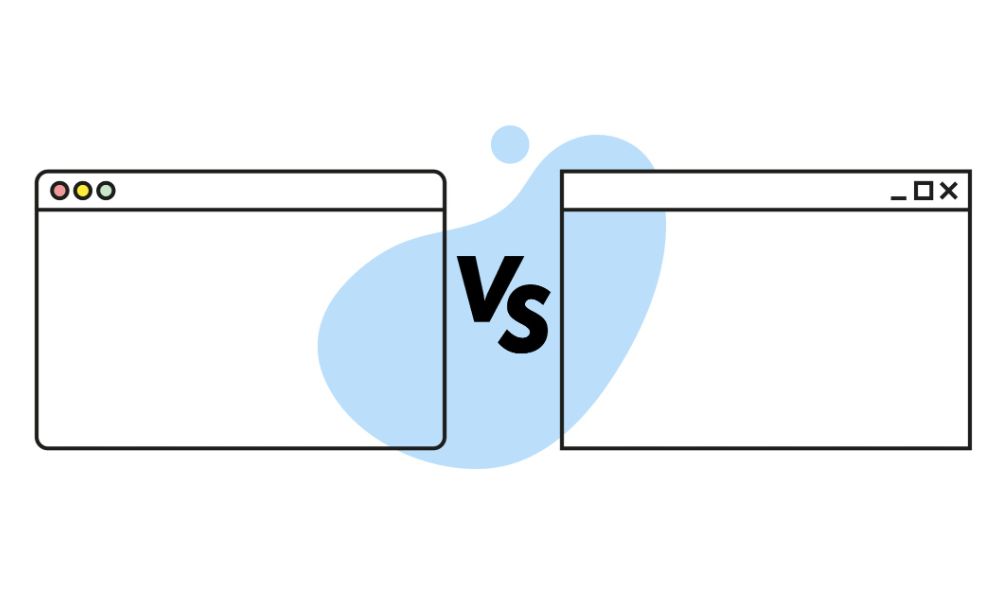What is VoIP
Voice Over Internet Protocol – or VoIP, for short – is the term used for describing phone (voice) and multimedia services delivered over the Internet (IP).
Transmitting voice calls, fax messages, SMS and voicemail via the internet isn’t as data intensive as say a video call might be, which therefore means any user with a reasonable quality Internet connection (even 3G or 4G mobile internet) can get a Voice over Internet Protocol service to replace calls delivered over the traditional phone network.
It’s long been argued that communication over an IP network could be deemed less reliable compared with calls made via a public telephone network because owing to issues such as latency, packet loss and jitter – all of which are issues effecting how data it transmitted online. This said, the improvements in Internet infrastructure and both the software and hardware compatible with VoIP calling has led to a significant rise in the number of businesses using this alternative communications method instead of traditional phone networks.
Read on, as this blog post attempts to weigh up some of the advantages and disadvantages of using VoIP as a replacement for traditional telephone calls in your business.
VoIP Basics
The primary reason for the increased uptake of VoIP in many businesses (and homes) is the cost. A VoIP setup will often involve totally free calls, which are made by tapping into existing internet infrastructure (broadband, ADSL or even 3G/4G mobile internet), rather than by utilising the traditional phone line. There are typically no call connection charges, nor would you usually find any cost per minute, associated with VoIP calls. Some businesses, particularly those making a lot of international calls, have witnessed reductions in communications costs by up to 90% just by switching from traditional phones to VoIP enables ones!
To make VoIP calls, you’ll need a ‘client’ or an ‘app’ which runs a VoIP service via your internet connection. A popular example of a VoIP app is Skype. Skype is popular amongst both business and residential users.

Skype users should be aware that only certain calls are free, and that credit must be purchased for other types of call. For example, you can chat on VoIP via Skype to other Skype users for as long as you like with absolutely no call charges whatsoever (both callers simply need to be connected to the internet), however if you want to call from Skype to a landline number then you will need Skype credit to do this.
Other popular VoiP apps which allow free voice calls using an internet connection include Facebook Messenger, WhatsApp, Viber and Google Hangouts. All of these apps offer completely free calling thanks to VoIP, you simply need an internet connection.
The Case for Business VoIP
Businesses who switch from popular BT Business telephone service plans to a VoIP solution can save anywhere between 30% – 80% on the cost of calls every month – so the business case for VoIP definitely exists, at least from a cost perspective.
The trick in successfully moving from traditional business phone systems to VoIP is to ensure you integrate effortlessly, making sure that employees know exactly how the hardware and software enabling internet calls should work. Technology should be the enabler here and not the inhibitor. Integrating VoIP calling at your business the right way will not only ensure that you significantly slash your communications costs but, if done right, you can also expect to increase customer satisfaction, expand your system easily (without breaking the bank) and work from anywhere there is an internet connection!

VoIP allows businesses to transmit both voice and data communications via a single network, which will significantly reduce your costs.
Businesses based in rural areas are at somewhat of a disadvantage when it comes to deploying a VoIP system over traditional Private Branch Exchange (PBX) due to the lack of superfast broadband and fibre internet connections in more remote parts of the country. Having said this, the arrival of 4G data means there is now the potential for corporate users based in more remote locations to utilise 4G data. This greatly improves the overall quality and end user experience of VoIP systems utilised by rural businesses.
Cost savings and flexibility are two of the more well-known features that make VoIP a more logical choice for businesses looking to improve communications, but it’s also worth knowing that features including fax, voicemail, caller ID, call waiting, call forwarding, call blocking, last number redial, call transfer, return call, speed dialling, SMS, and area code selection all come included with many popular VoIP subscriptions, keeping the cost of extending the functionality of your phone system low.
So What About PBX?
Many businesses choosing to move communications to VoIP services have taken the opportunity to review and unify the communications underpinning their operations. Bringing together call and extension management, faxes and email, voicemail and a whole host of other phone-network related tasks in the process.
Hosted VoIP or SIP trunks are not simply a replacement for business telephone systems which use traditional landlines. If implemented properly, it isn’t hard to see why VoIP actually represents a serious upgrade.
With BT currently openly consulting on a PSTN switch off in the UK (provisionally set for 2025) it is only a matter of time before your hand is forced into updating your business telephony services. Long-term, businesses will have to adopt VoIP as it is undoubtedly going to become the default standard for voice calls very soon.
Choosing a Telephony Partner for Your Business
Choosing a telephony partner for your business can have massive implications on your switch over. It could be the difference between implementing most suitable technology to meet your requirements and a system that flops, causing friction and disengagement between customers and employees.
Your communications are of critical importance to your business operations. If a customer or client experiences friction while communicating with your business, this will not inspire trust or confidence that you’re a good fit for them. It is important to get this right.
If your VoIP system or PBX isn’t cutting it with your employees or customers, talk to NECL today about our range of business telephony options.
Although we’re proud to be a reputable 3CX Partner in London, we pride ourselves on taking the time to get to really get to know your operations intricately, so that we may suitably consult on how your business might make the most of many different VoIP and PBX solutions.








